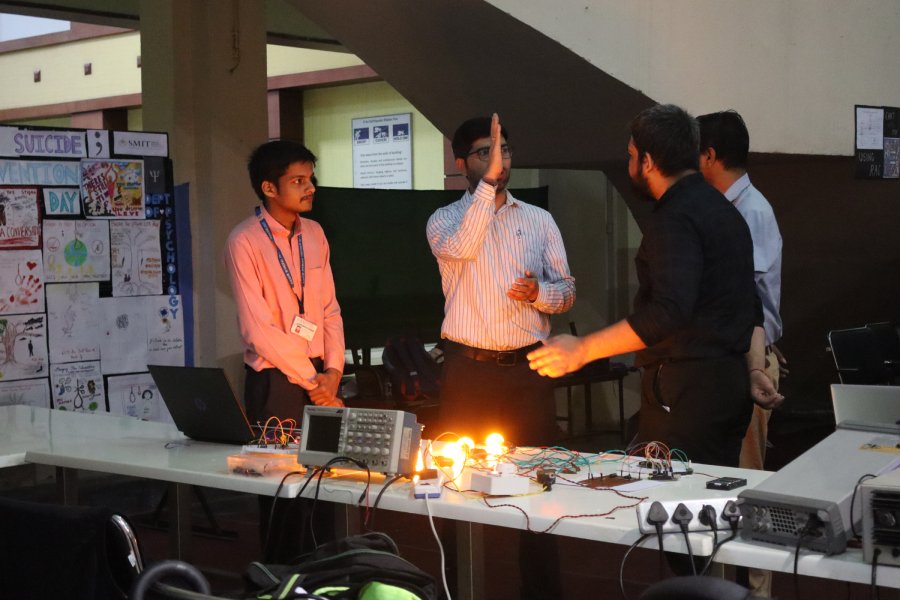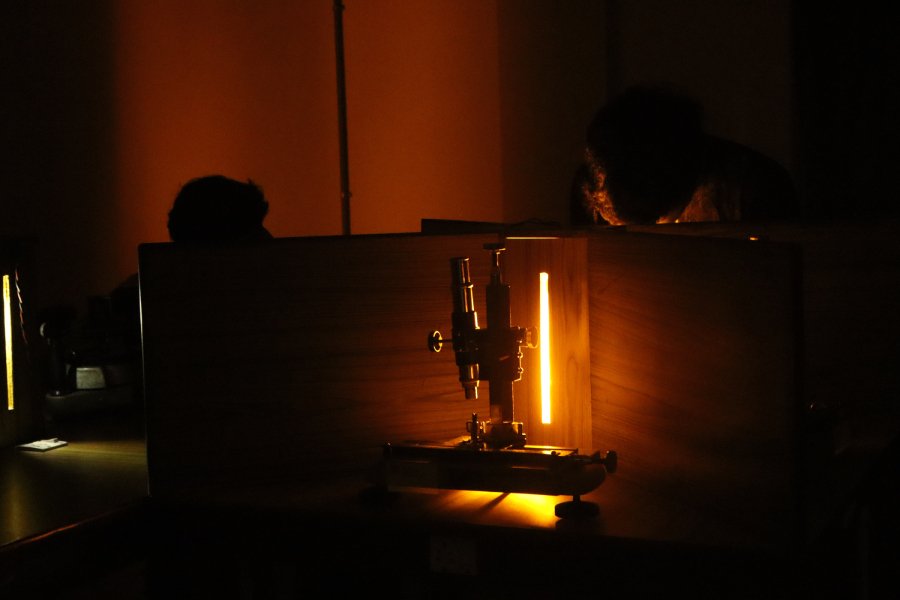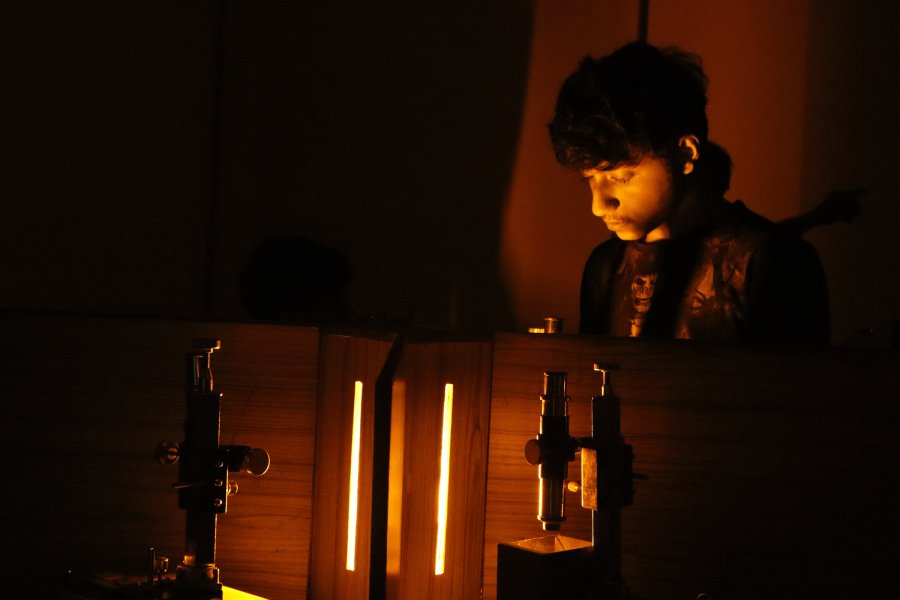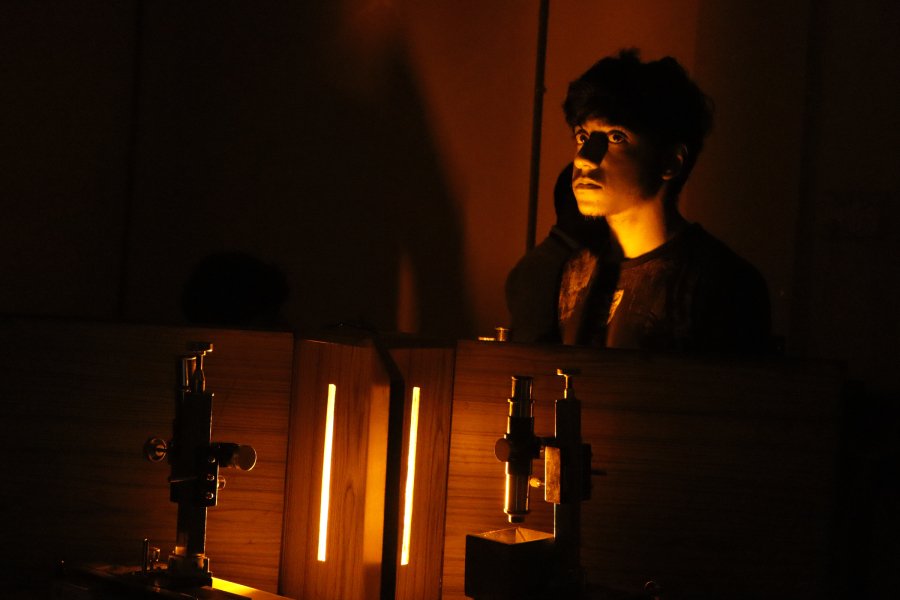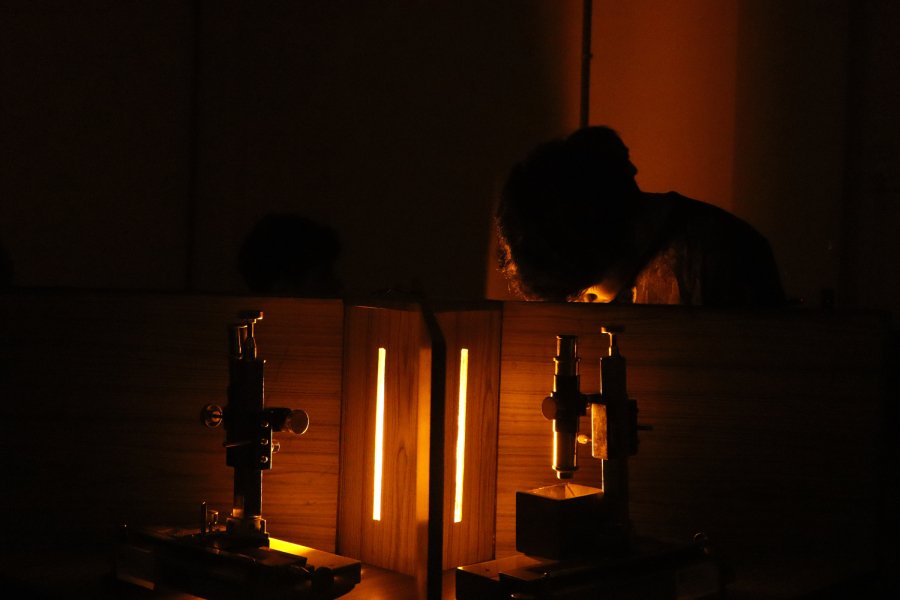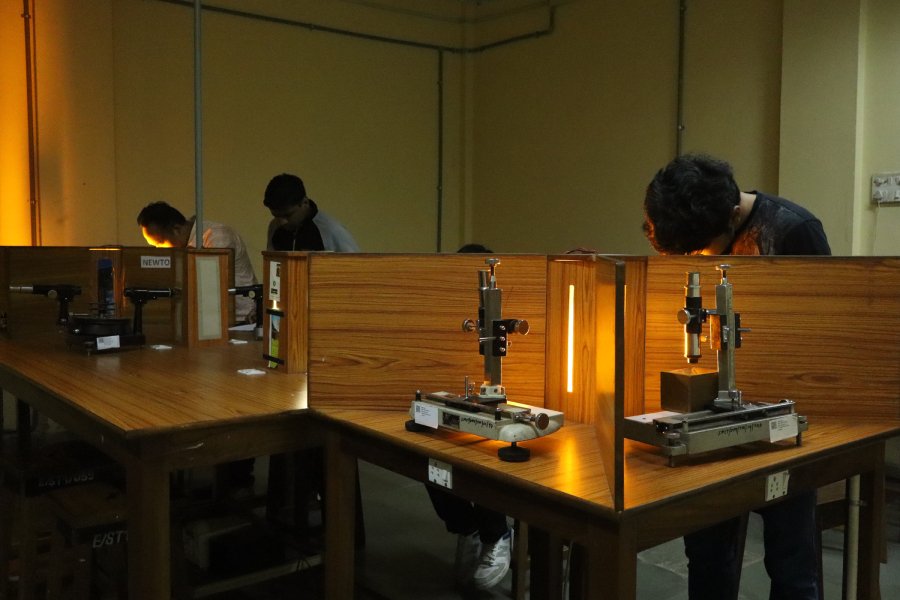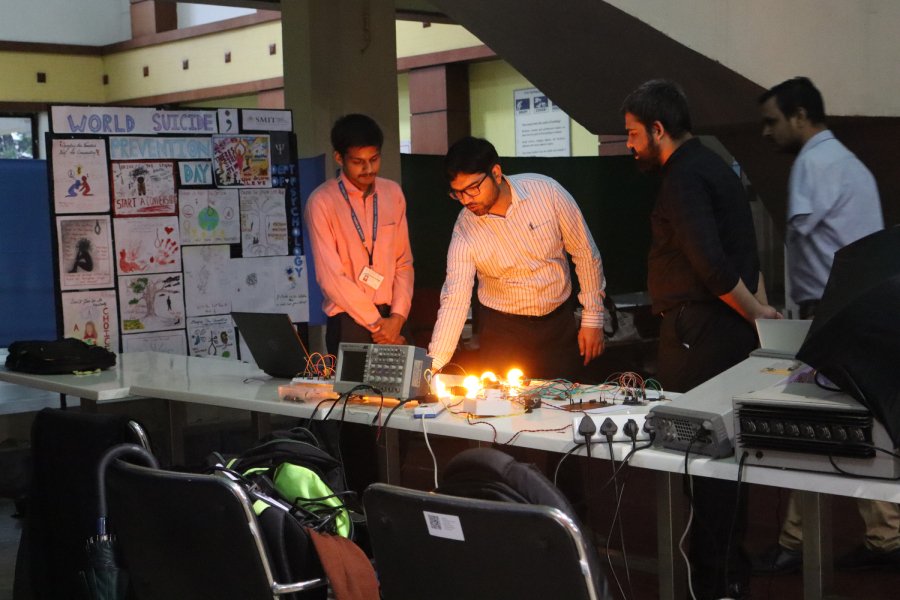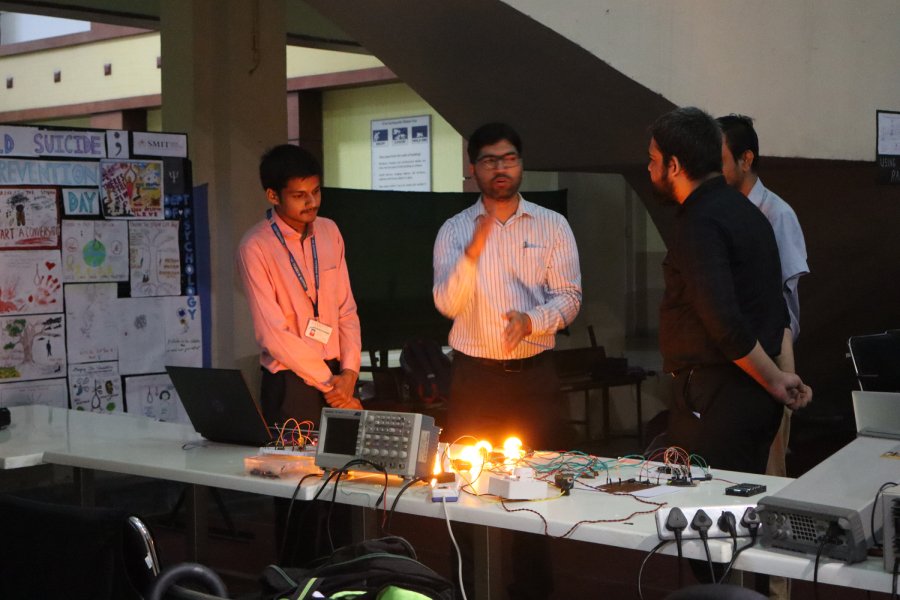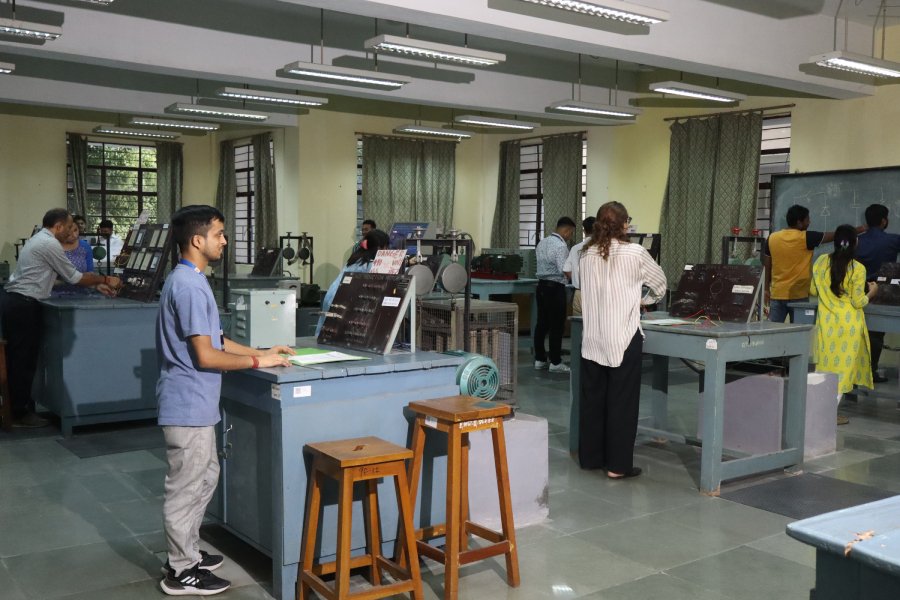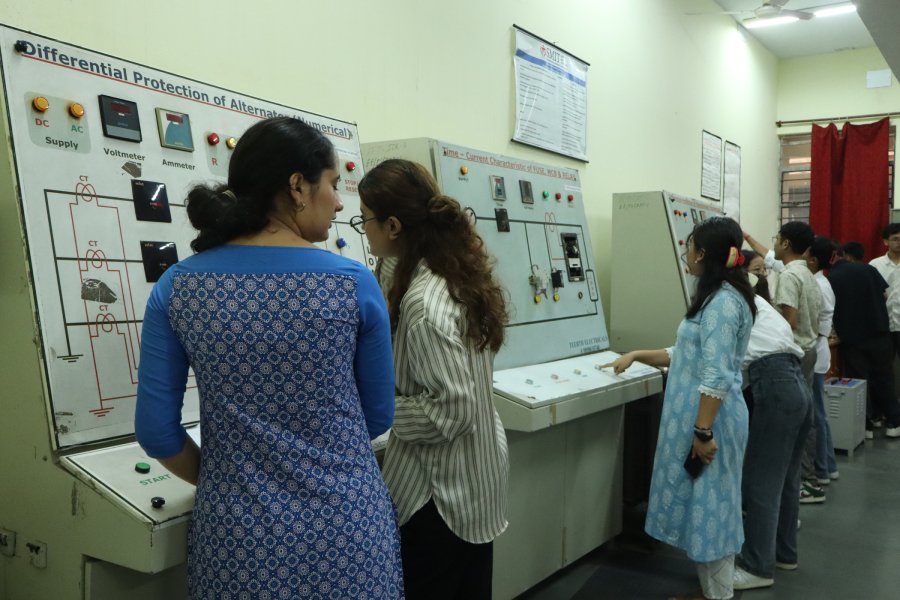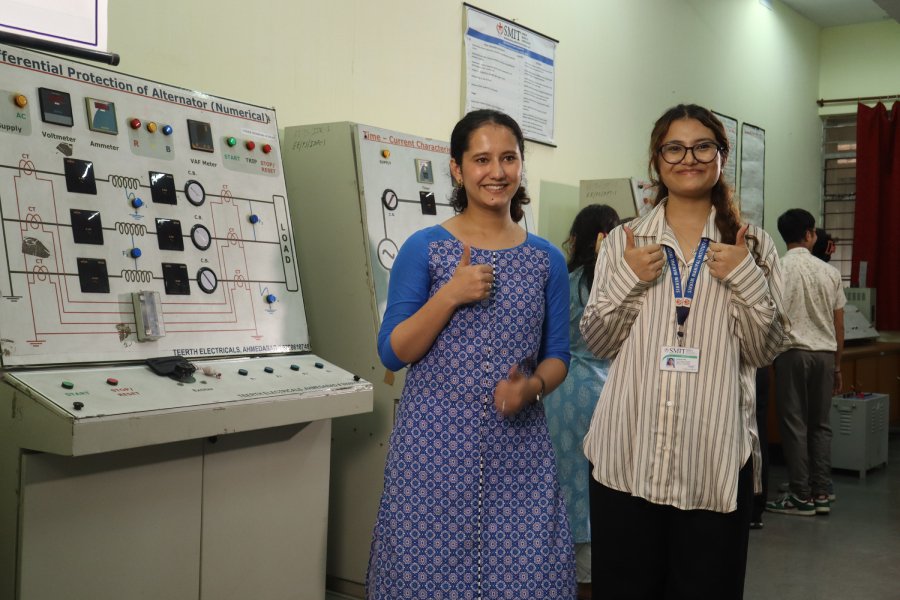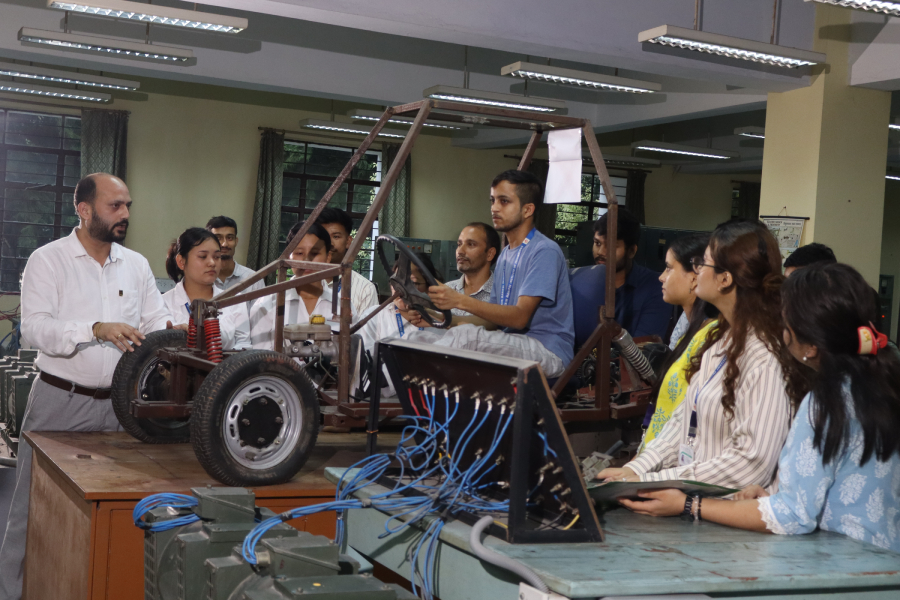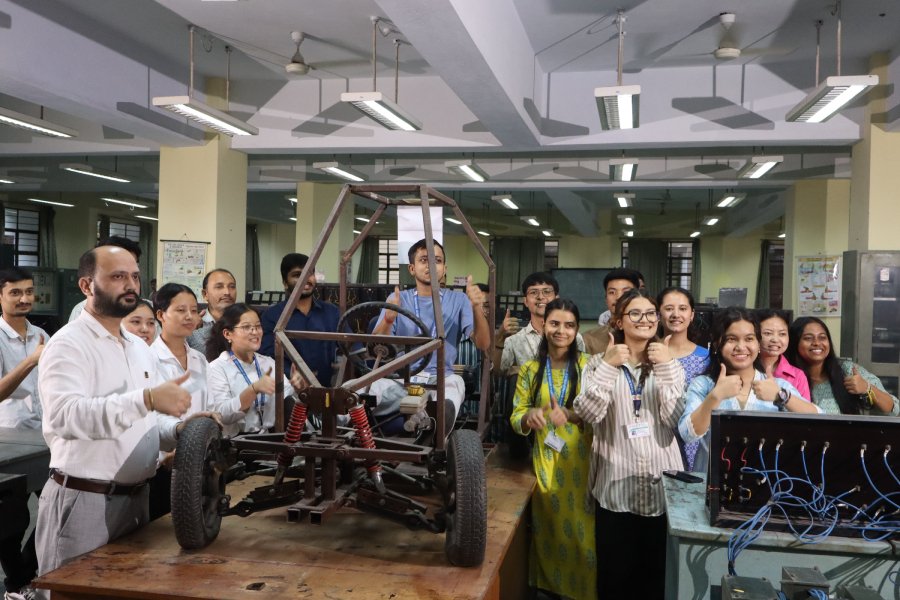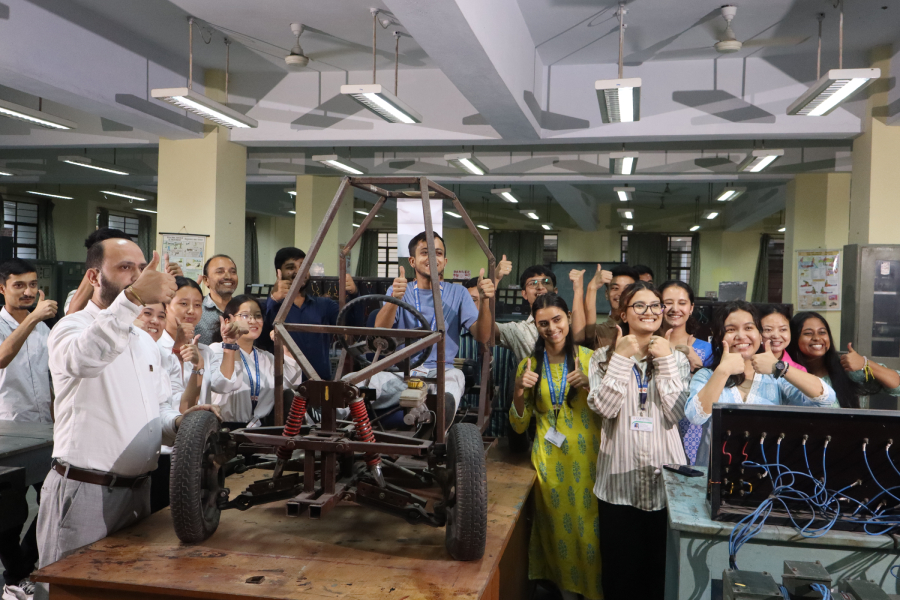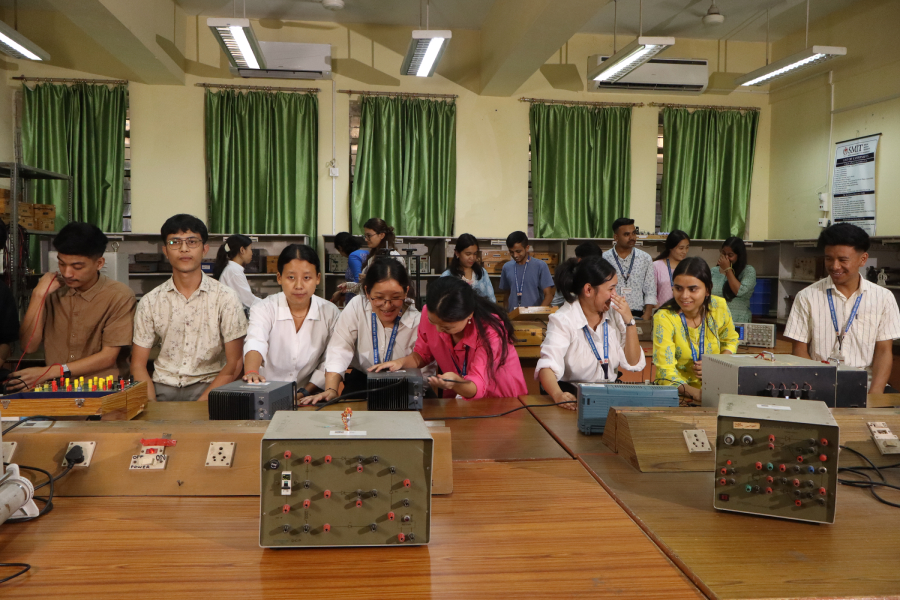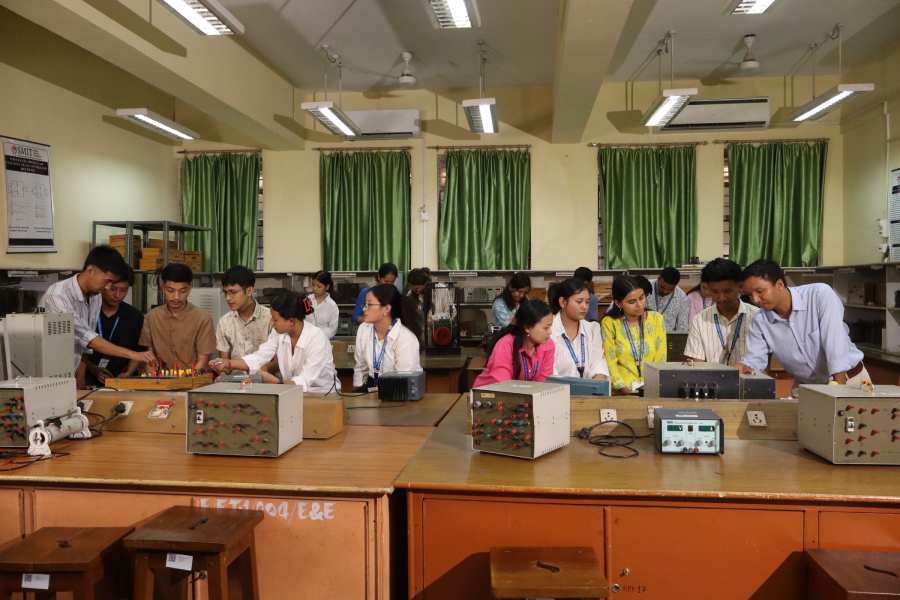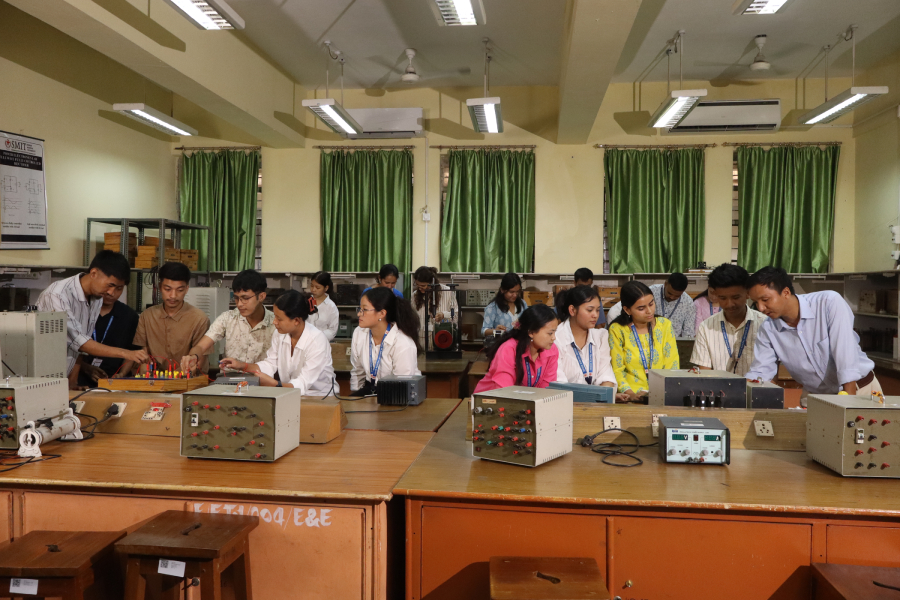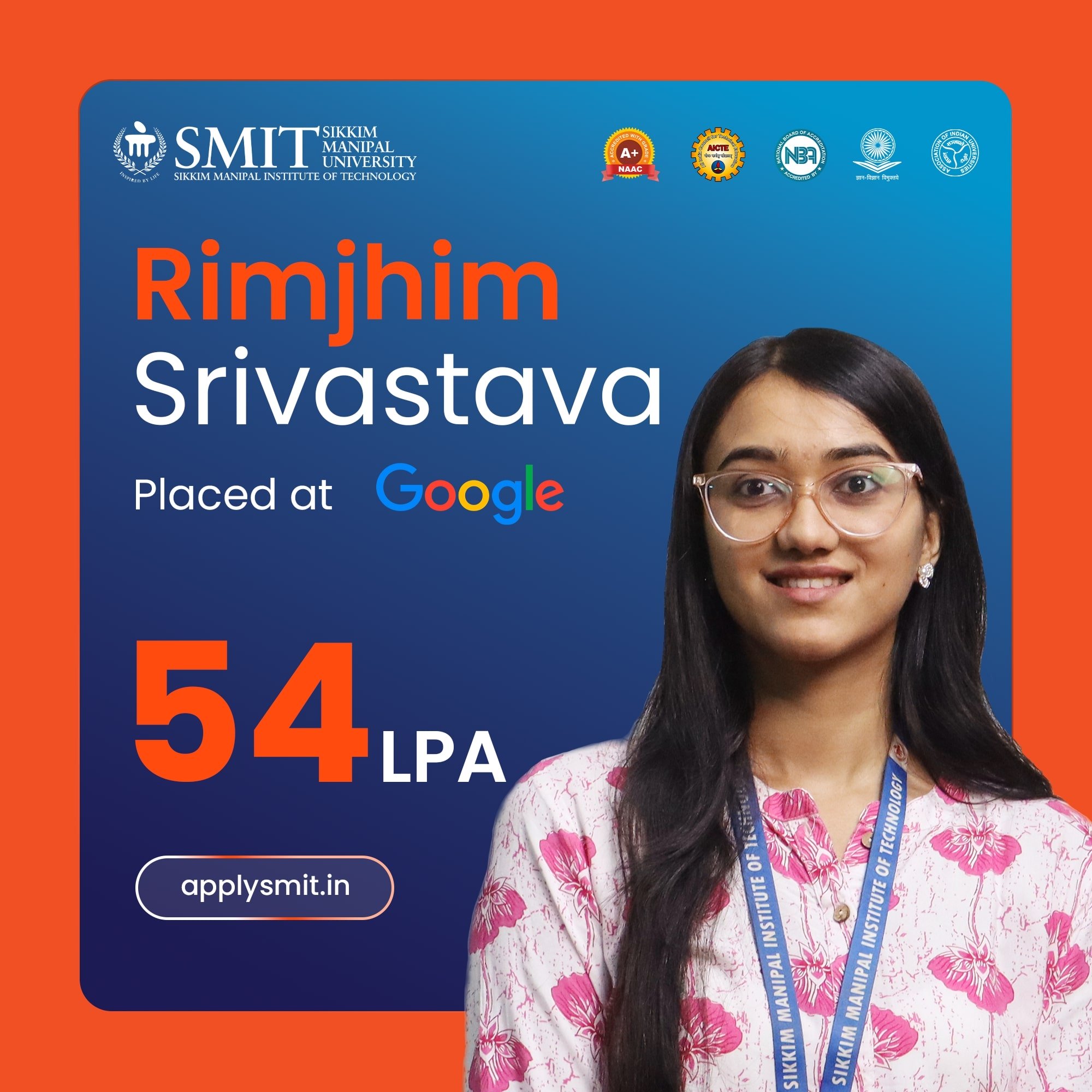This Website is for On-campus Regular Courses Only
OVERVIEW
Electrical and Electronics Engineering Department at SMIT offers Bachelor of Technology in Electrical and Electronics Engineering,Mtech in Power Electronics, with a unique mix of electrical, electronics and computer related courses enabling the students to take up professional career / higher studies in any of these areas. The curriculum based on a credit scheme is updated periodically to reflect changes in the electrical & electronics profession in consultation with experts from industries and renowned academic institutions well aware of the recent trends in Electrical and Electronics Engineering syllabus.
Vision
To produce technically efficient engineering graduates with human values and professional ethics capable of performing in rapidly changing fields of electrical and electronics engineering by providing outcome based education.
Mission
To develop Electrical and Electronics Engineering Department into a department of excellence, capable of producing competent Electrical and Electronics Engineers who can contribute to the advancement of the society.
Objective
To create Electrical and Electronics Engineering graduates required as manpower in the industry, research organization, educational institutions, and government organizations.To provide required infrastructure.
PROGRAM OFFERED
ADVANCE SPECIALIZATION
STUDENT ACTIVITIES
The Department of Electrical and Electronics Engineering (EEE) at Sikkim Manipal Institute of Technology (SMIT) fosters a vibrant and enriching environment for student activities. The EEE department is committed to providing holistic development opportunities for its students, beyond the conventional academic curriculum. Through the EEE Student Council, a dedicated body within the department, students actively participate in a spectrum of activities aimed at enhancing their technical skills, fostering innovation, and promoting teamwork. The council organizes technical workshops, seminars, and coding competitions, such as the "ElectroQuest" series and robotics workshops, providing students with practical insights into the latest developments in their field. Moreover, the EEE department encourages students to engage in extracurricular activities, promoting a healthy work-life balance. Sporting events, cultural festivals, and technical symposiums are regular occurrences, allowing students to showcase their talents and unwind from academic rigors. The EEE Student Council also plays a pivotal role in community outreach programs, engaging students in socially responsible initiatives. Projects related to renewable energy awareness, electronic waste management, and community electrification highlight the department's commitment to societal welfare. Additionally, the council serves as a bridge between students and faculty, addressing concerns and facilitating a collaborative learning environment. Mentorship programs and career guidance sessions further support students in navigating their academic journey and preparing for future endeavors in the dynamic field of electrical and electronics engineering. The EEE department at SMIT ensures that students graduate not only with technical prowess but also with a well-rounded skill set and a commitment to social responsibility.
KEY FEATURES
One of the first departments to be established.
A suitable blend of having faculty drawn from industry and academician to train the students for making them industry ready.
Curriculum is designed to facilitate students to join core industries/ software/ research/academic fields.
Good placement records both in core/ software sectors.
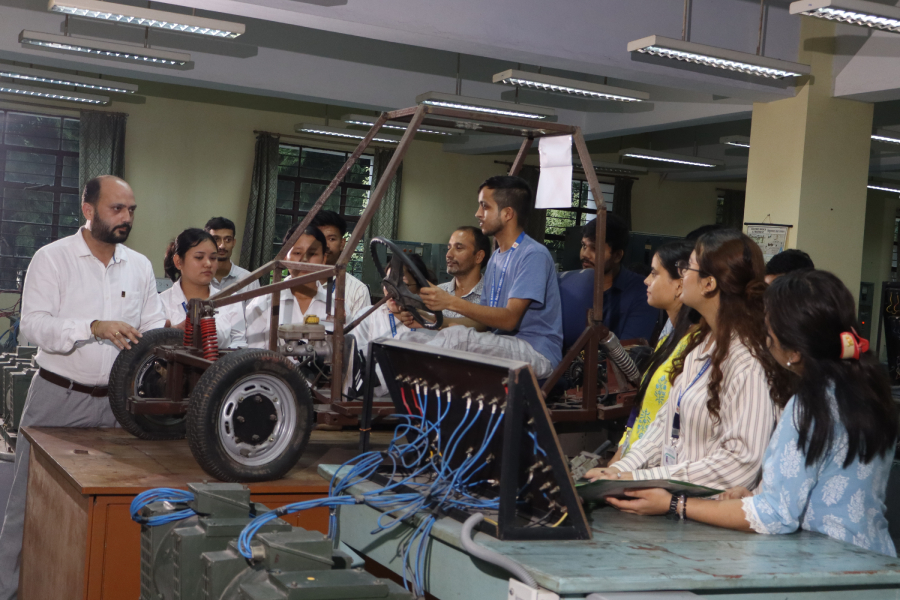
PROGRAM EDUCATION OBJECTIVES
(BTech in Electrical & Electronics Engineering, Lateral BTech (through Diploma),M.Tech in Power Electronics)
To produce students with technical efficiency for tackling the changing demands of industrial, research and academic needs.
To encourage students and provide requisite opportunities to establish and lead the organization.
To induce professional ethics among the future graduates for contributing to the development of nation.
To motivate students to initiate quality research in the fields of Electrical and Electronics engineering.
To encourage students to pursue higher education.
To encourage students to establish and lead their own organization.
To induce professional ethics among the future post graduates for contributing to the development of nation.

